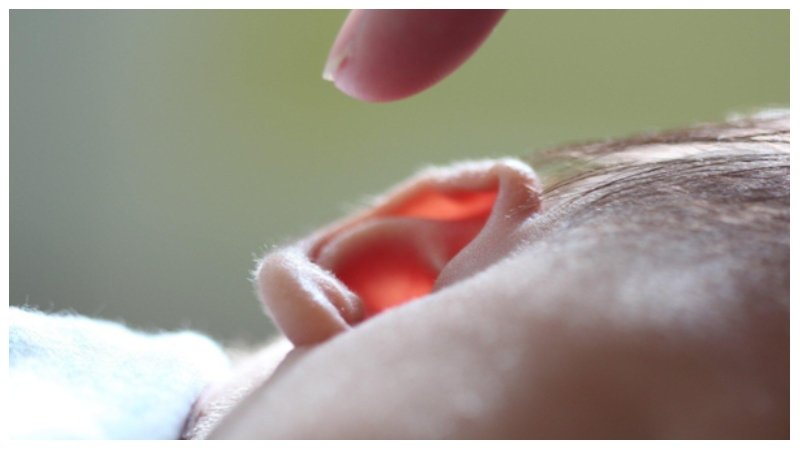Have you ever wondered what happens if your child fails a hearing test? It can be a concerning moment for any parent.
However, understanding the implications of a failed hearing test can help you navigate the situation with clarity. In this blog post, we will explore how a failed hearing test affects your child and what steps you can take to support them.
By the end, you’ll have a clearer picture of what comes next and how you can advocate for your child’s hearing health. Keep on reading!
Early Detection is Key
When a child fails a hearing test, it’s often the first sign that something may be affecting their hearing. Early detection is crucial because it allows for prompt action, which can prevent more significant challenges down the road.
Identifying hearing issues early helps doctors determine whether it’s temporary or permanent. Sometimes, fluid buildup in the ear can cause hearing loss, which is treatable.
Why a Failed Hearing Test Matters
A failed hearing test is not just about hearing loss; it can affect your child’s overall development. Hearing is vital for speech, language, and social skills.
Without proper hearing, children may struggle to communicate and keep up with their peers. Identifying the problem early can prevent these difficulties and help your child thrive in a supportive environment.
Hearing Loss in Children
If your child has trouble hearing, you may notice signs of hearing loss in children. These signs can include frequently asking people to repeat themselves, turning up the volume on the TV, or not responding when called.
Children with hearing difficulties might also speak loudly or show a lack of interest in conversations. It’s essential to pay attention to these signs and act quickly by consulting specialists.
Consulting Specialists for Accurate Diagnosis
After a failed hearing test, the next step is to consult specialists. Audiologists, otolaryngologists, and other healthcare professionals can offer a more detailed assessment of your child’s hearing.
Depending on the diagnosis, they will recommend appropriate treatments or therapies. Consulting specialists ensure that your child gets the best possible care based on their specific needs.
Early Intervention and Support
Early intervention is one of the most effective ways to address hearing loss in children. If a hearing problem is identified, it’s important to act quickly. In some cases, hearing aids or even cochlear implants might be necessary to help the child hear more clearly.
In addition to medical treatments, creating a supportive environment is essential. Your child will benefit from speech therapy and learning strategies to help them adapt to hearing challenges in everyday life.
Long-Term Effects and Coping Strategies
The long-term effects of a failed hearing test can vary depending on the severity of the hearing loss. Some children may experience ongoing challenges with language development, while others may catch up with the right support.
Coping strategies can include visual cues, sign language, or specialized classroom resources. The goal is to ensure that your child grows up with confidence, supported by family, teachers, and professionals.
Moving Forward After a Failed Hearing Test
A failed hearing test doesn’t have to be the end of the world. It’s simply a starting point for understanding your child’s needs and finding solutions.
By seeking expert advice, providing early intervention, and creating a supportive environment, you can help your child overcome hearing challenges. Remember, a failed hearing test is just the first step toward positive change. Stay proactive and involved in your child’s hearing health.
Did you like this guide? Great! Browse our website for more!
